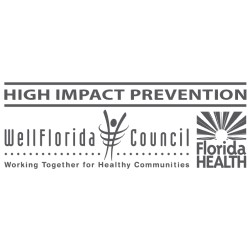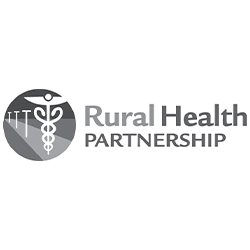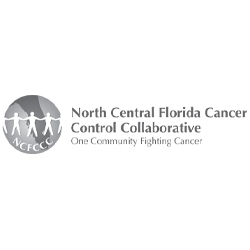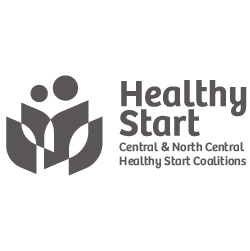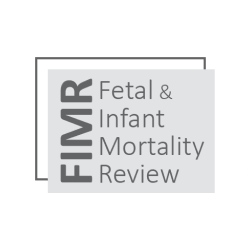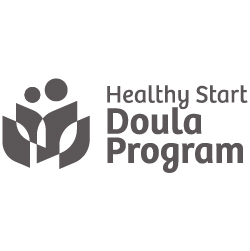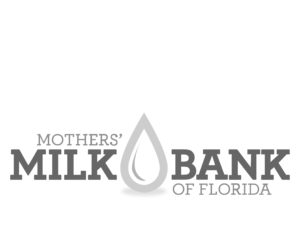Federal appeals court rulings create uncertainty on health care law in Florida
Gainesville Sun
By Christopher Curry
Tuesday’s conflicting court decisions have cast a cloud of uncertainty over the future of President Barack Obama’s health care law in Florida and about $4.8 billion in subsidies the state’s low- and middle-income residents could use to purchase coverage.
More than 983,000 state residents have health coverage through the Affordable Care Act, and 91 percent of them receive financial assistance through the type of tax subsidies a Washington, D.C., federal appeals court panel said could go only to people in states with their own insurance exchanges under the health care law. Hours later in Virginia, a different appeals court panel said the subsidies were allowable in states where insurance was purchased through the federal exchange.
Florida is one of 36 states where lawmakers opposed to the health care overhaul did not set up their own exchange, leaving residents to purchase insurance through the federal marketplace.
Locally, Jeff Feller, the chief executive officer of WellFlorida, the health council for this region of the state, said he felt the D.C. decision showed an effort to “kill the law on a technicality.”
In a 15-county region of the state that includes Alachua County, WellFlorida oversees the health insurance marketplace navigator program that assists residents with signing up for coverage through the health care law.
Feller said the Legislature’s decisions not to accept the federal Medicaid expansion included in the health care law or establish a state insurance exchange have created future uncertainty about coverage for hundreds of thousands of state residents.
“My reaction is piling on to my overall disappointment that the Florida Legislature has chosen not to participate,” Feller said. “By our lack of participation we have further jeopardized the coverage for many thousands of folks who signed up through the national exchange.”
State Rep. Keith Perry, R-Gainesville, said he opposed the exchanges because the state would have to use resources to run the programs but would have very little control over them, serving more as an “administrator.”
After the 2-1 ruling of the three-judge panel in D.C., Obama administration officials appeared poised to seek to have the case brought before that court’s full 11-judge panel. The three-judge panel had a majority of members appointed by Republican presidents while the full 11-judge panel has more members appointed by Democrats.
Down the road, the conflicting opinions likely have another health care law case going before the U.S. Supreme Court, said Martin J. McMahon Jr. a professor and the James J. Freeland Eminent Scholar at the University of Florida Levin College of Law.
“This is a classic split of the circuits on a major issue of national importance that has to be administered the same across the country,” McMahon said.
He said the contrary decisions brought focus to two different ways of looking at a longstanding judicial principle that regulations to implement a law cannot be inconsistent with the plain language of the law. The majority in the D.C took the more narrow view, McMahon said, in writing that the language of the Affordable Care Act “unambiguously restricts” subsidies to insurance purchased on exchanges “established by the State.”
The decision of the federal court in Virginia, McMahon said, looked more broadly beyond a single phrase in the law to the whole of the Affordable Care Act and its intent to increase the number of Americans with health care coverage. That panel ruled that there was ambiguous language in the law open to differing interpretations on whether the federal government could step in and establish an exchange on behalf of a state. Given that ambiguity, the Internal Revenue Service rule allowing for subsidies on a federal exchange was a “permissible construction” of the language, the panel said.
Back to News page
